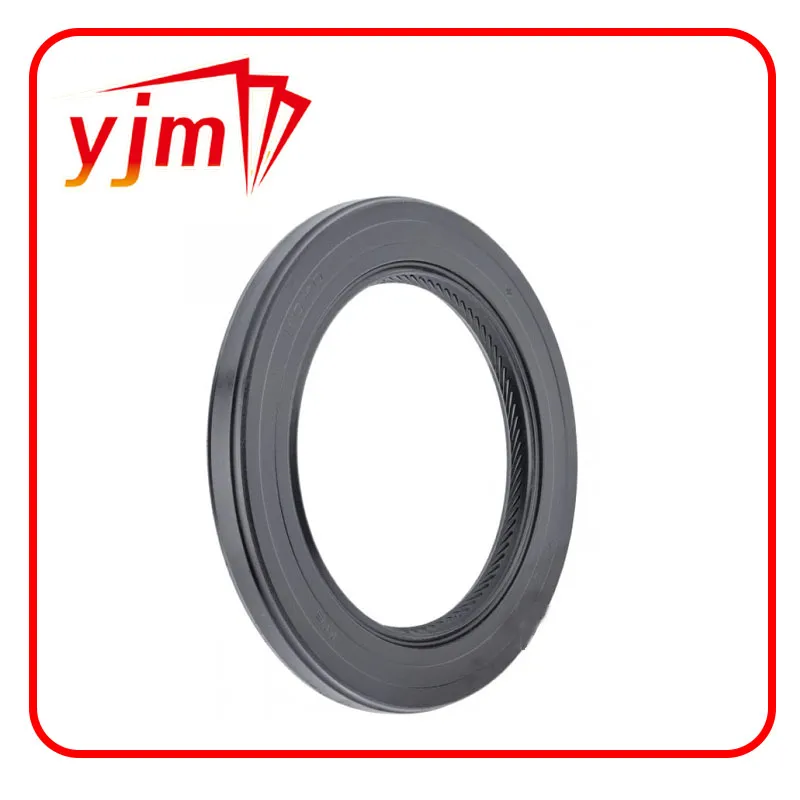Addressing Oil Cooler Housing Leak Issues for Improved Engine Performance and Longevity
Understanding Oil Cooler Housing Leaks Causes, Consequences, and Solutions
Oil cooler housing leaks are a common issue faced by many vehicle owners, particularly those with internal combustion engines. This problem can lead to significant engine damage, decreased efficiency, and increased maintenance costs if not addressed promptly. In this article, we will explore the causes of oil cooler housing leaks, their consequences on vehicle performance, and possible solutions to mitigate this issue.
What is the Oil Cooler Housing?
The oil cooler housing is a vital component of the engine's cooling system. It is responsible for housing the oil cooler, which plays a critical role in maintaining optimal engine temperatures. The oil cooler works by circulating engine oil through a heat exchanger, allowing excess heat generated during combustion to dissipate. This process helps in maintaining the viscosity of the oil, ensuring proper lubrication of the engine parts.
Causes of Oil Cooler Housing Leaks
1. Deterioration Over Time Like many automotive parts, the oil cooler housing is subject to wear and tear over time. High temperatures, exposure to contaminants, and the natural aging of materials can cause the housing to degrade, leading to cracks or weaknesses. Plastic housings, in particular, may become brittle and more prone to leaking as they age.
2. Improper Installation If the oil cooler housing is not installed correctly, it can lead to misalignment and stress on the mounting points. Over-tightening bolts or failing to use adequate gaskets can result in leaks. Ensuring that the housing is properly aligned and secured is critical during installation.
3. Corrosion In many cases, oil cooler housings are made of aluminum or other materials that can be susceptible to corrosion. This is especially true if the vehicle operates in harsh environments, such as areas with high moisture or salt, which may facilitate corrosion over time.
4. Excessive Pressure High pressure within the oil system can also contribute to leaks. This can happen if there is a blockage in the oil lines or if the oil pump is malfunctioning, causing an increase in pressure that exceeds the housing's capabilities.
Consequences of Oil Cooler Housing Leaks
oil cooler housing leak

The repercussions of an oil cooler housing leak can be severe. One of the most immediate effects is the loss of engine oil, which can lead to low oil levels and inadequate lubrication. This situation increases the risk of friction and wear on engine components, potentially resulting in catastrophic engine failure.
Additionally, oil leaks can create hazardous conditions. Oil that escapes the housing may leak onto hot engine components, leading to smoke, odors, or even fire hazards. Furthermore, leaking oil can contaminate other fluids in the engine, affecting the overall performance of the vehicle.
Solutions to Oil Cooler Housing Leaks
1. Regular Inspections One of the best ways to prevent oil cooler housing leaks is through regular maintenance checks. Vehicle owners should periodically inspect their oil cooler housing for signs of wear, cracks, or corrosion. Early detection can lead to timely repairs before a full leak develops.
2. Use Quality Parts When replacing or installing an oil cooler housing, it is crucial to use high-quality, OEM (Original Equipment Manufacturer) parts. While aftermarket parts may seem cost-effective, they might not meet the same quality standards and could lead to further issues down the road.
3. Proper Installation Techniques Ensuring that the oil cooler housing is installed correctly following the manufacturer’s specifications is crucial. Using the right gaskets, torque specifications, and alignment techniques can prevent leaks. If you're not comfortable with the installation process, consider consulting with a professional mechanic.
4. Sealing Solutions In some cases, minor leaks can be remedied with sealing solutions like epoxy or high-temperature silicone sealants designed for automotive use. However, this should be a temporary fix, and proper repairs or replacements should be pursued.
5. Addressing System Pressure Issues If high oil pressure is suspected to be contributing to leaks, it is essential to investigate the underlying cause. This could involve examining the oil pump, oil filter, and ensuring that oil passages are clear of blockages.
Conclusion
Oil cooler housing leaks are not just a minor inconvenience. They pose significant risks to engine health and overall vehicle performance. By understanding the causes, recognizing the potential consequences, and implementing preventative measures, vehicle owners can safeguard against this common issue. Regular maintenance, quality parts, and proper installation techniques are key to ensuring the longevity and efficiency of your vehicle's engine. Always consult with a professional mechanic when in doubt, as timely intervention can save both time and money in the long run.
-
The Ultimate Guide to Car Repair Kits: Tools and Essentials Every Driver Should Own
News Aug.01,2025
-
The Complete Guide to Oil Pan Gaskets: Sealing Engine Leaks the Right Way
News Aug.01,2025
-
Preventing Oil Leaks: A Complete Guide to Oil Pan Gaskets and Drain Seals
News Aug.01,2025
-
Everything You Need to Know About Oil Pan Gaskets and Drain Plug Seals
News Aug.01,2025
-
Essential for Car Owners: How to Use a Car Repair Kit to Deal with Minor Breakdown
News Aug.01,2025
-
Comprehensive Guide to Engine Oil Sump Gaskets and Related Seals
News Aug.01,2025
-
The Ultimate Guide to Boat Propeller Bearings and Trailer Wheel Bearings
News Jul.31,2025
Products categories















